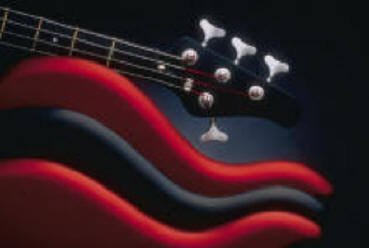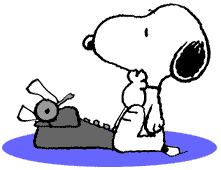
POPULAR MUSIC IN AMERICA POPULAR MUSIC IN AMERICA MUSIC 3243
Guidelines for Writing a Concert Review Essay
Refer to the Concert Event Calendar for a listing of performances to attend.
Papers are due one week plus one class period after the performance. For example, a performance on Saturday and a TR class would be 10 days and should be turned in on Tuesday. A performance on Thursday and a MWF class would be 8 days and should be turned in on Friday.
Before the Concert:
http://library.thinkquest.org/15413/instruments/instruments.htm Bring to the Concert: Ø Bring along notebook/paper, pen, and the following list of musical parameters to discuss in your paper: 1. harmony: dissonance (harsh sonorities) or consonance (smooth or stable sonorities) [Note: dissonance and consonance are nouns. When describing harmony or sound, "dissonant" and "consonant" are used as adjectives. 2. texture: homophonic (there’s only one main melody; other instruments are in an accompanimental role), polyphonic (more than one melody is played) 3. melody: character (for example, lyrical, operatic, monotonous, sad, happy, etc.), performed by whom, etc. 4. dynamics (or volume): loud, moderate, or soft 5. rhythm: steady (even) or syncopated
6. instrumentation: role of specific instruments (leader, accompanist) 7. genre (blues, jazz, or musical)
At the Concert: Ø Make a few notes to remember your "observations". Use the list above to remind you of elements to listen for. Ø Listen to the pieces and performances objectively and analytically. Ø If applicable, think of the message in the title or text and how it is depicted in musical terms. Ø Make a note of your impressions also. What are the composer and performer trying to put across in the piece? Why is the piece written and performed the way it is? Was the composer successful in getting his/her message across? Was the performer successful in interpreting this message?
After the Concert: Ø Write your essay as soon as possible after the concert or performance. Ø Write about 3 pieces and proceed in chronological order. If more than one group is performing, do not choose all 3 pieces from the same group. If the program is a musical, do not choose all 3 selections from the first half. Ø Do not take up unnecessary space listing instruments, composers, arrangers, or performers. I can look on the program. If you are reviewing a musical, do not tell me the plot. Ø In your conclusion, give your general impressions of the concert or performance as a whole and also an assessment of the different performing groups (if more than one group is performing). In the case of a musical, include a brief comment on the first half of the performance as compared to the second half. Also include your evaluation: Did you find it worthwhile? Would you recommend that others attend? Evaluate the music in terms of content and performance. Relate/compare/contrast it to other types of music with which you are also familiar. Be as specific as possible. Take the role of a music critic who will express preferences justified by specifics. Ø Submit your essay to the Turnitin website. Go here for instructions. Your class ID# is 1448409 Password: Pop88 (case sensitive) Ø NOTE: Late essays will be penalized 10 points for each calendar day past deadline Content
Note: The University Writing Center, located in Humanities 210A, is a free resource for TSU students. Consultants are available to help you. They will not revise, proofread, or edit your paper for you, but will help you do a better job doing these things for yourself. This resource is not just for English classes, but for writing assignments in any class. This is the form I will use to grade your essays
Concert Review Essay Rubric
Created and maintained by Vicky Boucher
| ||||||||||||||||||||||||||||||||||||||||||||||||||||||||
Alternative Plan for Concert Review Essay Note: This is only available in cases of concert cancellation or summer sessions. Listen to the 3 songs below as if you were hearing them in a live concert and follow the guidelines for the Concert Review Essay. | ||||||||||||||||||||||||||||||||||||||||||||||||||||||||
